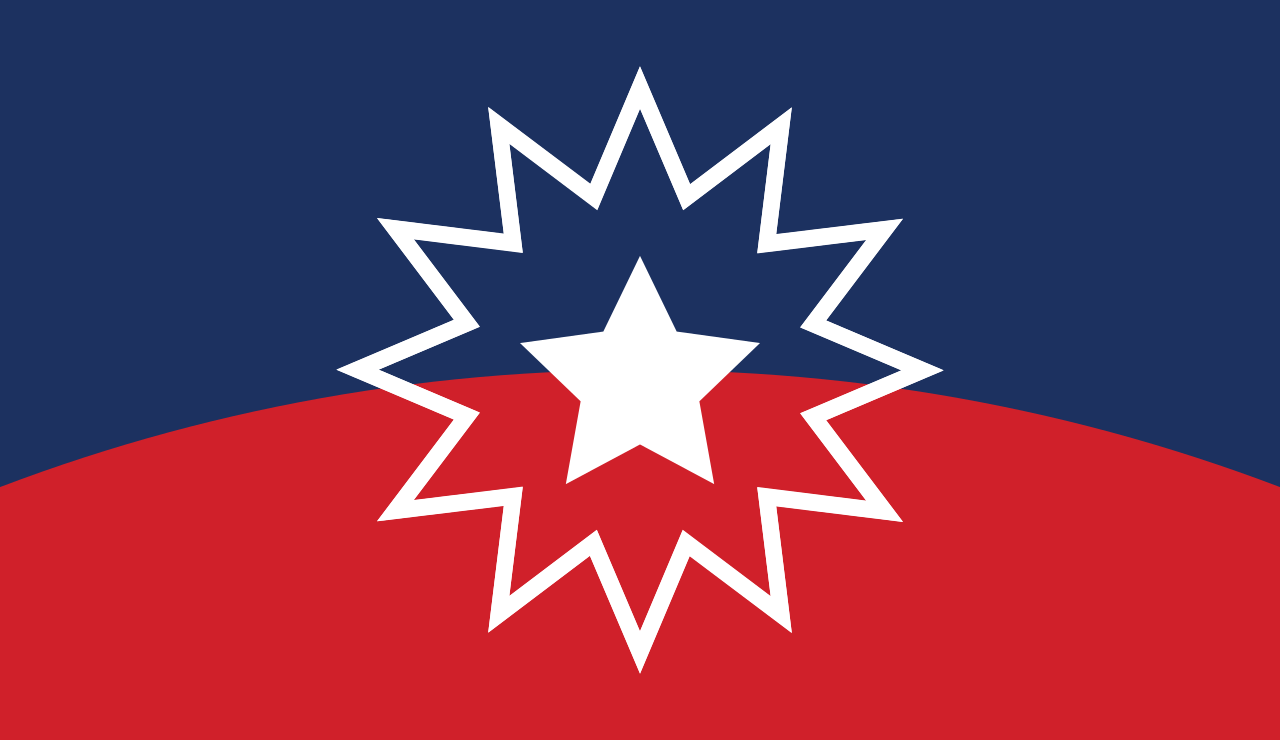Assignment Description
In your first podcast you will be focusing on the 1619 Project, a collection of essays, poems, short fiction, and photographs led by Nikole Hannah-Jones of the New York Times. Published in August of 2019 to commemorate the 400-year anniversary of enslaved Africans arriving in British North America, the project attempted to reframe the larger narrative of US history by placing slavery and its legacy at the center of that story. In the intervening year the project has become a flashpoint in the partisan “culture wars,” to the point where in July of 2020 Senator Tom Cotton introduced a bill that would withdraw federal funds from any school that taught the 1619 Project in its classrooms.
History is an act of interpretation, and the 1619 Project offers a particular interpretation about the centrality of slavery to the founding of the United States. For the purposes of this assignment we will be focusing on the project through the lens of historiography, or how different historians have interpreted that topic and how those interpretations have changed over time. Each student will read the essays listed below under Readings and then record a podcast that offers an overview of the project and the historiographical debate around slavery’s relationship to the founding of the United States (see below for details). This is a lot to pack into ten minutes - the key will be to plan and practice in order to make your points concisely.
Deadline: Friday, September 11, by 11:59PM
Assignment Details
Read all of the essays listed below (note instructions for some readings). You will then plan and record a podcast that is approximately ten minutes long. Your recording should include the following elements:
- Introduce yourself
- Music of some kind during the podcast
- “Outro” at the end of the podcast
- A brief introduction to the 1619 Project and its interpretation of slavery during Colonial America, the Revolution, and the founding of the United States, drawing on Hannah-Jones’s essay for your evidence.
- A summary of historians’ debates over this interpretation, drawing on the Wilentz and Harris readings for your evidence.
- Your own assessment of the project’s interpretation. What arguments made by Hannah-Jones, Wilentz, and/or Harris do you find convincing? Which do you not? Feel free to take this in any direction you want. If you are working in a pair, each student can agree or disagree with each other, or speak more broadly or personally about US history and education, etc.
In addition to the recording, you should submit a a detailed outline of your episode that you write prior to recording. This should NOT be a word-for-word script, but should consist of organized notes about the points you plan to make along with the full transcriptions of any quotes you want to use.
If you are working in a pair: both people need to speak during the podcast, but it is up to you how to divide the speaking time. You are responsible for making sure the overall labor is shared evenly (ie. one person is responsible for recording and editing, the other does more speaking or writes the outline). At the bottom of your outline, include a short description of how you divided the work.
Each episode should be submitted as follows to this Dropbox link:
- Podcast in MP3 format (<50MB file size) with the file named: either
StudentLastName-podcast-1.mp3(ex.Blevins-podcast-1.mp3). orStudent1LastName-Student2LastName-podcast-1.mp3(ex.Blevins-Ronaldo-podcast-1.mp3). - A Word document containing the written outline of your episode, named using the same format as your MP3 file.
Readings
- Nikole Hannah-Jones, “America Wasn’t a Democracy, Until Black Americans Made It One”, New York Times (14 August 2019).
- Sean Wilentz, “A Matter of Facts” The Atlantic (22 January 2020).
- Note: you only need to read/focus on the first two sections (ending with “…growing antislavery sentiment in Britain.”) and the last section (starting with “The specific criticisms of the 1619 Project…”)
- Leslie M. Harris, “I Helped Fact-Check the 1619 Project. The Times Ignored Me.” Politico (6 March 2020).
- Graduate students only: David Waldstreicher, “The Hidden Stakes of the 1619 Controversy”, Boston Review (24 January 2020).
- Note: this gives an even more in-depth historiographical overview of this subject. You are welcome to incorporate this into the podcast but it is not required.
